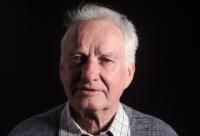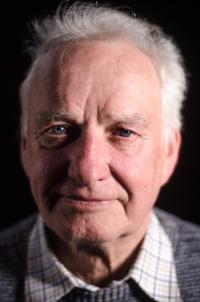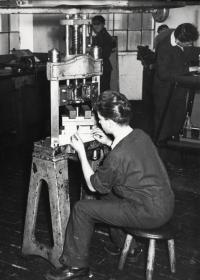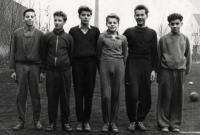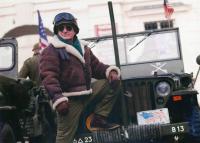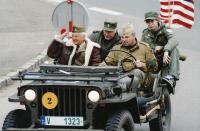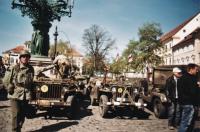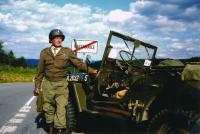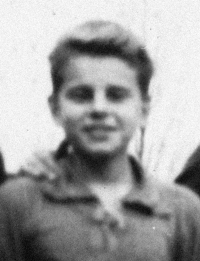My wife would have understood if I’d stayed in emigration. But I came back

Download image
Miroslav Vošahlík was born on 20 March 1943 into the family of a relatively well-to-do dentist in Prague 4 (or Prague 14, as it was then). Besides his main employment, his father also moonlighted, but he was informed on in 1956 and ended up in jail. The witness wanted to follow his father’s footsteps, and so he applied to a secondary school of dental technicians; however, he was expelled after a month because of his father’s conviction. His brother put in a good word for him with the headmaster of his school, and so in October 1956 Miroslav Vošahlík began training as a toolmaker at ČKD Stalingrad. His good results caused him to be taken up by Motorlet - the Jan Šverma works (previously the Walter Works, or Walter’s, a pioneer in car, motorcycle, and aircraft engine production). The Soviet invasion of August 1968 came after ten years in this career, and Miroslav Vošahlík prepared for carefully deliberated emigration. In 1969 he and his wife went to Germany on a student’s visa. However, his wife had to return to Czechoslovakia. Germany was only to be the first step of their journey to their final destination of the USA, where the Vošahlíks had distant relatives. However, in summer 1970 the witness decided to avail himself of the amnesty offered to emigrants to return to their families in Czechoslovakia. He also tried to take up his job at Motorlet, but he was fired after a quarter of a year because of his stay in Germany. He earned a living as a floor layer and decorator until the Velvet Revolution in 1989. He retired with a disability pension in 1993.
